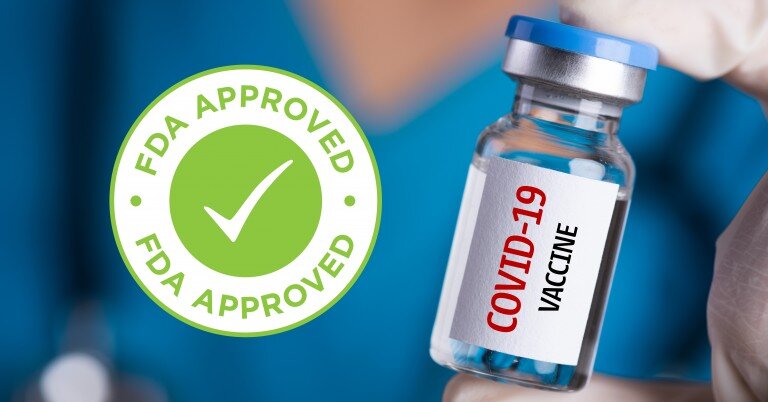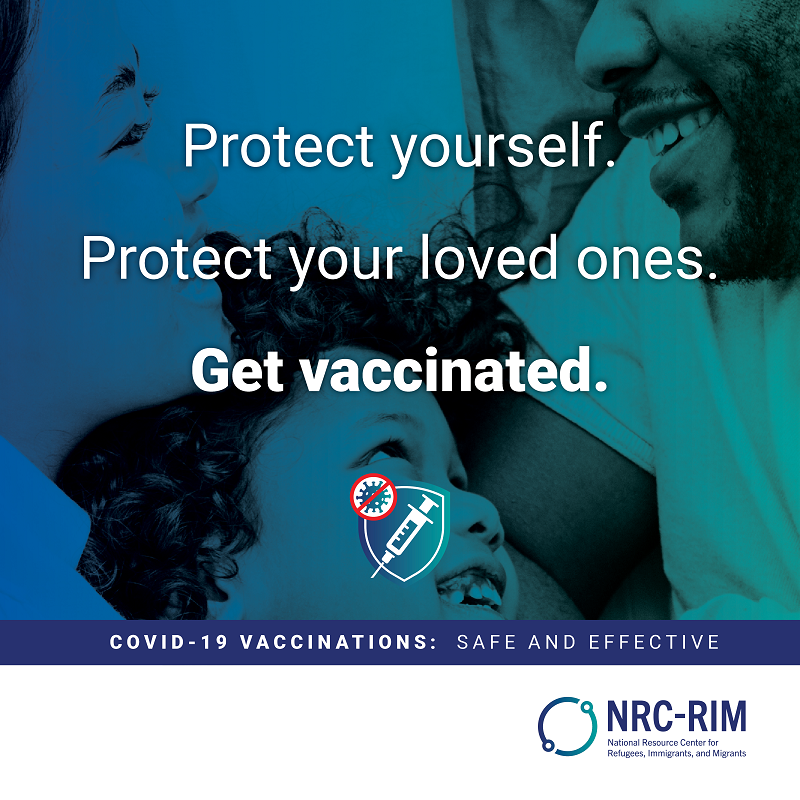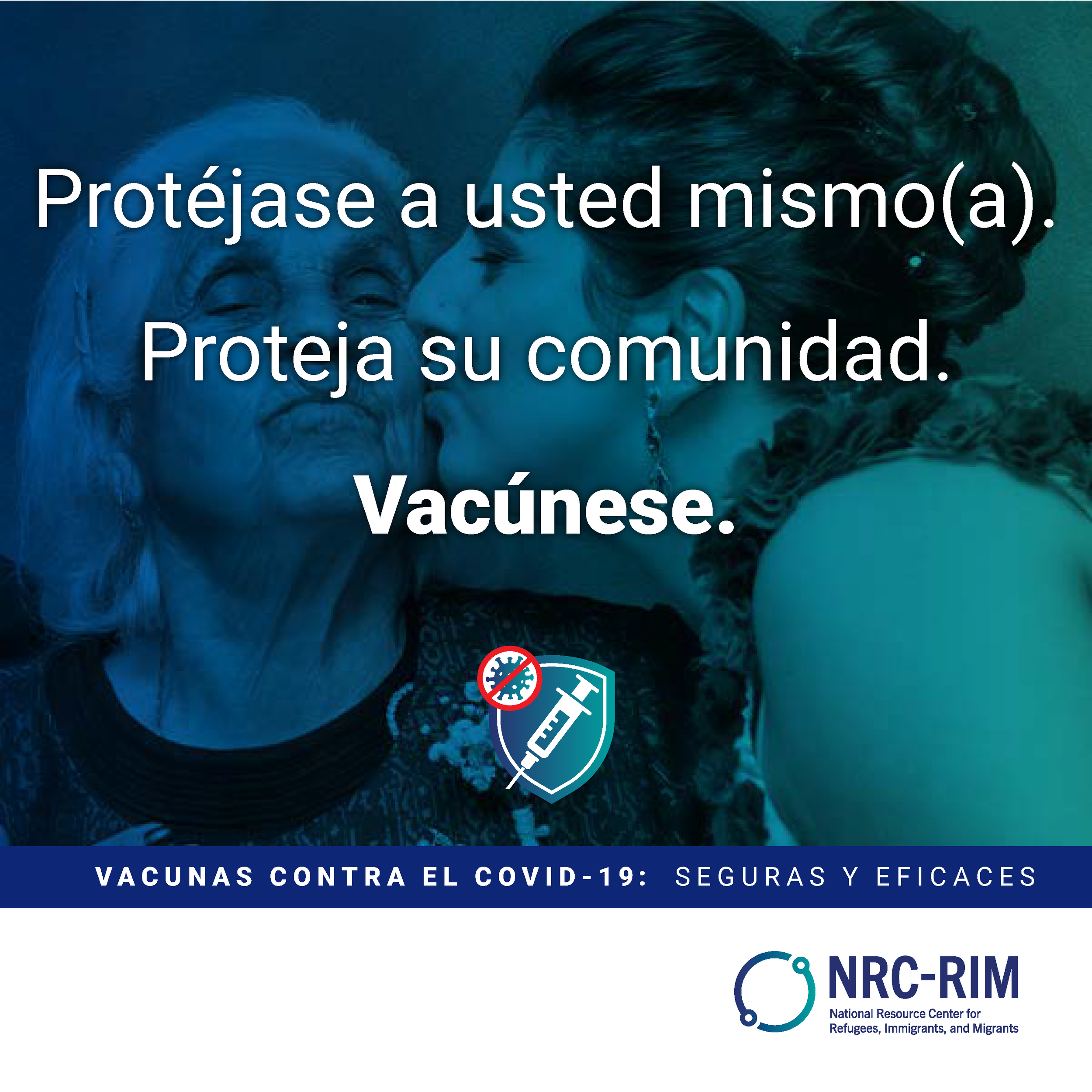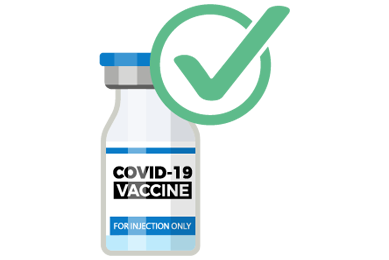
Covid-19 Vaccine Resource Center
The U.S. Food and Drug Administration approved the first COVID-19 vaccine. The vaccine has been known as the Pfizer-BioNTech COVID-19 Vaccine, and will now be marketed as Comirnaty (koe-mir’-na-tee), for the prevention of COVID-19 disease in individuals 16 years of age and older. The vaccine also continues to be available under emergency use authorization (EUA), including for individuals 12 through 15 years of age and for the administration of a third dose in certain immunocompromised individuals.
Vaccines
COVID-19 vaccines are effective at protecting you from getting sick even if you have had COVID-19. Vaccination is an important tool to help us get back to normal. This information will help you prepare for your COVID-19 vaccination.
Learn more about the different types of COVID-19 vaccines and how they work.
Pfizer-BioNTech COVID-19 vaccine for everyone ages 5 years and older
Moderna COVID-19 vaccine for adults ages 18 years and older
Johnson & Johnson’s Janssen COVID-19 vaccine for adults ages 18 years and older
Learn more about the benefits of getting a COVID-19 vaccination..
Boosters
Everyone Ages 16 and Older Can Get a Booster Shot
IF YOU RECEIVED
Pfizer-BioNTech
Who can get a booster:
Teens 16-17 years old
Who should get a booster:
Adults 18 years and older
When to get a booster:
At least 6 months after completing your primary COVID-19 vaccination series
Which booster can you get:
Teens 16–17 years old can get a Pfizer-BioNTech COVID-19 vaccine booster
Adults 18 years and older can get any of the COVID-19 vaccines authorized in the United States
IF YOU RECEIVED
Moderna
Who should get a booster:
Adults 18 years and older
When to get a booster:
At least 6 months after completing your primary COVID-19 vaccination series
Which booster can you get:
Any of the COVID-19 vaccines authorized in the United States
IF YOU RECEIVED
Johnson & Johnson’s Janssen
Who should get a booster:
Adults 18 years and older
When to get a booster:
At least 2 months after completing your primary COVID-19 vaccination
Which booster can you get:
Any of the COVID-19 vaccines authorized in the United States
Choosing Your COVID-19 Booster Shot
If you are 18 years or older you may choose which COVID-19 vaccine you receive as a booster shot. Some people may prefer the vaccine type that they originally received, and others may prefer to get a different booster. CDC’s recommendations now allow for this type of mix and match dosing for booster shots.
Frequently asked Questions and Updates
Where can you get it?
Any of our locations.
Call and schedule a nurses appointment for your vaccine today.
Is it safe for pregnant or breast feeding women?
Any of our locations.
COVID-19 vaccination is recommended for all people aged 12 years and older, including people who are pregnant, breastfeeding, trying to get pregnant now, or might become pregnant in the future. Pregnant and recently pregnant people are more likely to get severely ill with COVID-19 compared with non-pregnant people. Getting a COVID-19 vaccine can protect you from severe illness from COVID-19.
Myths and Facts about Covid-19 Vaccine
Can a COVID-19 vaccine make me sick with COVID-19?
No. None of the authorized and recommended COVID-19 vaccines or COVID-19 vaccines currently in development in the United States contain the live virus that causes COVID-19. This means that a COVID-19 vaccine cannotmake you sick with COVID-19.
There are several different types of vaccines in development. All of them teach our immune systems how to recognize and fight the virus that causes COVID-19. Sometimes this process can cause symptoms, such as fever. These symptoms are normal and are a sign that the body is building protection against the virus that causes COVID-19. Learn more about how COVID-19 vaccines work.
It typically takes a few weeks for the body to build immunity (protection against the virus that causes COVID-19) after vaccination. That means it’s possible a person could be infected with the virus that causes COVID-19 just before or just after vaccination and still get sick. This is because the vaccine has not had enough time to provide protection.
After getting a COVID-19 vaccine, will I test positive for COVID-19 on a viral test?
No. Neither the recently authorized and recommended vaccines nor the other COVID-19 vaccines currently in clinical trials in the United States can cause you to test positive on viral tests, which are used to see if you have a current infection.
If your body develops an immune response—the goal of vaccination—there is a possibility you may test positive on some antibody tests. Antibody tests indicate you had a previous infection and that you may have some level of protection against the virus. Experts are currently looking at how COVID-19 vaccination may affect antibody testing results.
If I have already had COVID-19 and recovered, do I still need to get vaccinated with a COVID-19 vaccine?
Yes, you should be vaccinated regardless of whether you already had COVID-19. That’s because experts do not yet know how long you are protected from getting sick again after recovering from COVID-19. Even if you have already recovered from COVID-19, it is possible—although rare—that you could be infected with the virus that causes COVID-19 again. Learn more about why getting vaccinated is a safer way to build protection than getting infected.
If you were treated for COVID-19 with monoclonal antibodies or convalescent plasma, you should wait 90 days before getting a COVID-19 vaccine. Talk to your doctor if you are unsure what treatments you received or if you have more questions about getting a COVID-19 vaccine.
Experts are still learning more about how long vaccines protect against COVID-19 in real-world conditions. CDC will keep the public informed as new evidence becomes available.
Yes. COVID-19 vaccination works by teaching your immune system how to recognize and fight the virus that causes COVID-19, and this protects you from getting sick with COVID-19.
Being protected from getting sick is important because even though many people with COVID-19 have only a mild illness, others may get a severe illness, have long-term health effects, or even die. There is no way to know how COVID-19 will affect you, even if you don’t have an increased risk of developing severe complications. Learn more about how COVID-19 vaccines work.
Will a COVID-19 vaccine alter my DNA?
No. COVID-19 mRNA vaccines do not change or interact with your DNA in any way.
Messenger RNA vaccines—also called mRNA vaccines—are the first COVID-19 vaccines authorized for use in the United States. mRNA vaccines teach our cells how to make a protein that triggers an immune response. The mRNA from a COVID-19 vaccine never enters the nucleus of the cell, which is where our DNA is kept. This means the mRNA cannot affect or interact with our DNA in any way. Instead, COVID-19 mRNA vaccines work with the body’s natural defenses to safely develop immunity to disease. Learn more about how COVID-19 mRNA vaccines work.
At the end of the process, our bodies have learned how to protect against future infection. That immune response and making antibodies is what protects us from getting infected if the real virus enters our bodies.
Grow it.Is it safe for me to get a COVID-19 vaccine if I would like to have a baby one day?
Yes. People who want to get pregnant in the future may receive the COVID-19 vaccine.
Based on current knowledge, experts believe that COVID-19 vaccines are unlikely to pose a risk to a person trying to become pregnant in the short or long term. Scientists study every vaccine carefully for side effects immediately and for years afterward. The COVID-19 vaccines are being studied carefully now and will continue to be studied for many years, similar to other vaccines.
The COVID-19 vaccine, like other vaccines, works by training our bodies to develop antibodies to fight against the virus that causes COVID-19, to prevent future illness. There is currently no evidence that antibodies formed from COVID-19 vaccination cause any problems with pregnancy, including the development of the placenta. In addition, there is no evidence suggesting that fertility problems are a side effect of ANY vaccine. People who are trying to become pregnant now or who plan to try in the future may receive the COVID-19 vaccine when it becomes available to them.
Still Have Questions?
When looking for answers its easy to get overwhelmed with all the information available on the internet. Make sure you are using credible sources, and remember to fact check.












